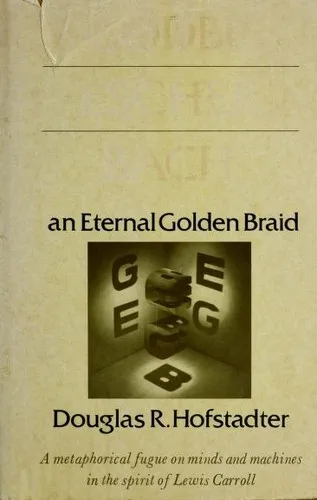
This list is curated from 6 mentions and sorted by most mentioned, then by date of most recent mention. The more a book is mentioned, the more likely it's recommended and a favorite!

This list is curated from 6 mentions and sorted by most mentioned, then by date of most recent mention. The more a book is mentioned, the more likely it's recommended and a favorite!
The Beginning of Infinity reminds me the most of Gödel, Escher, Bach in that it is very wide-ranging and stitches together ideas from many different disciplines. It’s very difficult to understand and follow completely. Everyone claims to have read it, but, as far as I can tell, very few people understand it.View all 3 sources
A really big scientific book for me was when I was writing Theme Park, obviously I was working on AI and building AI for the game, but I was also reading books like Gödel, Escher, Bach, by Hofstadter, which I suppose is more of a philosophy book, but it’s an incredible piece of work, tying together Gödel’s incompleteness theorem about mathematics, with Escher’s drawings and Bach’s fugues and showing that they’re all related in some way, this repeating cycle of patterns, this infinite patterns that they all exhibit, and then he tied it to consciousness, and intelligence, and it was just really inspiring for me and made me think about these deep questions, and I was discussing this with a lot of my friends. We were writing games together, and we were doing that 24/7 and we would discuss these things about what the limits of AI could be, if we could not just use it for what we were doing in games, but actually advance it to the level where it would become the same level as human, and they just felt like the sky was the limit.View all 2 sources
This book is a must read or at least must selectively skim for anyone interested in intelligence. Some of the ideas regarding intelligence and how it should be implemented are perhaps slightly outdated (you would see much more statistical reasoning if you asked experts today), which is largely absent in "old AI" approaches to intelligence. 5/5View source